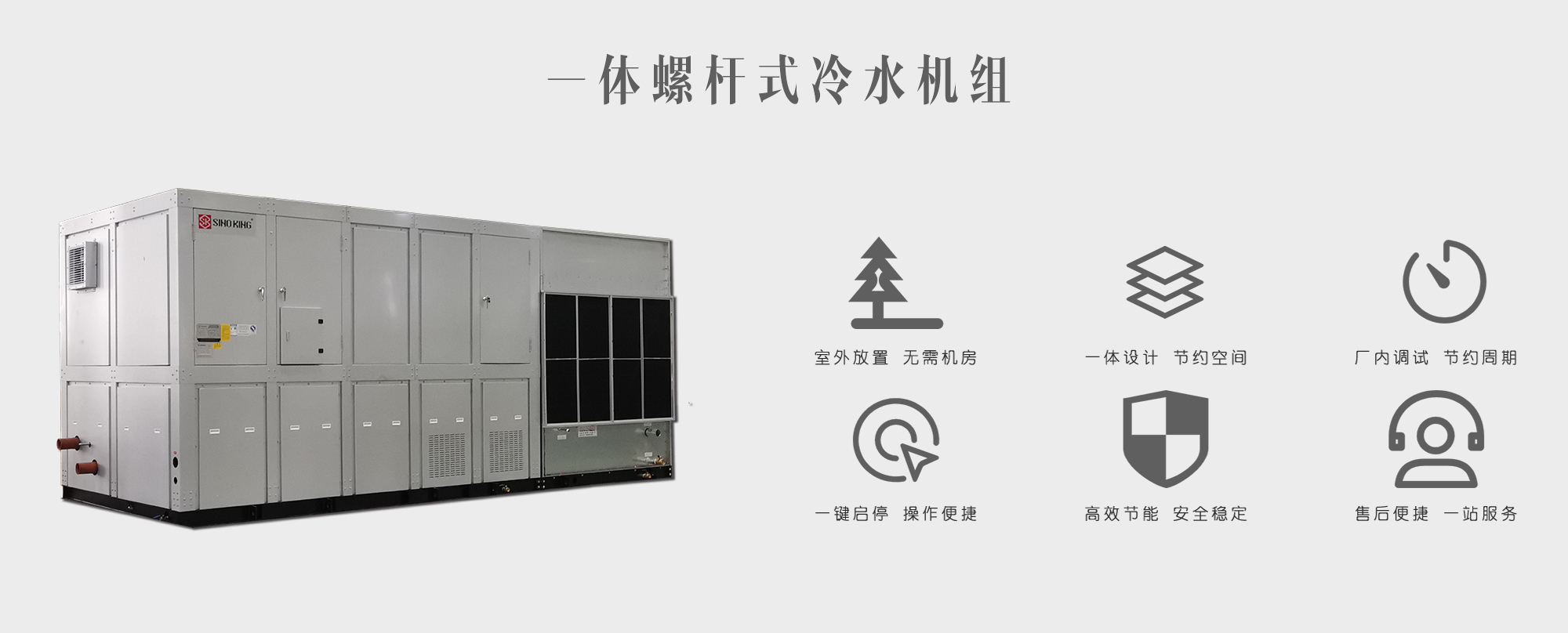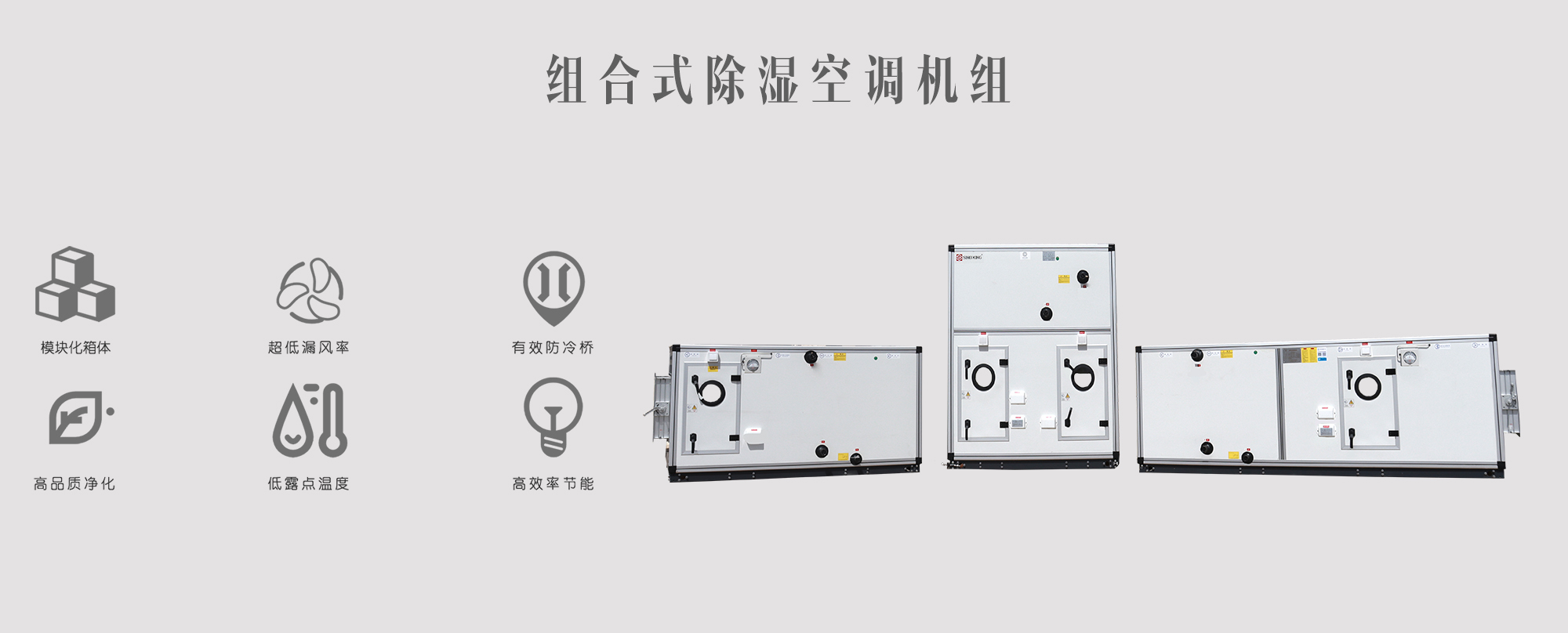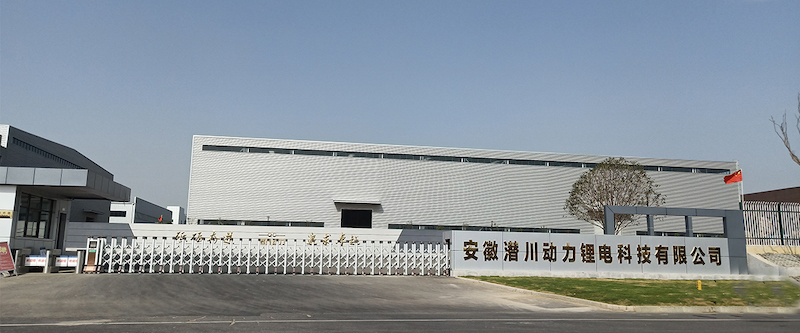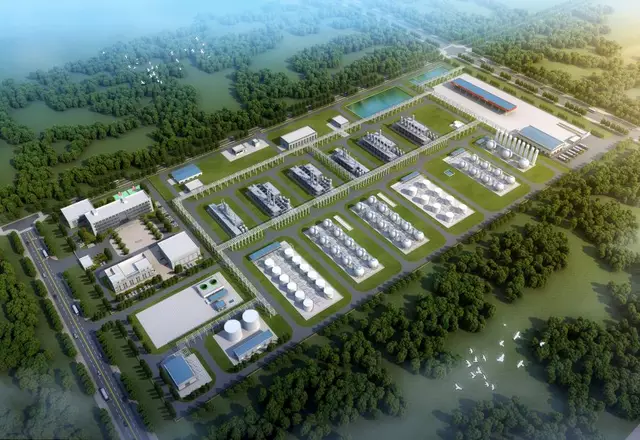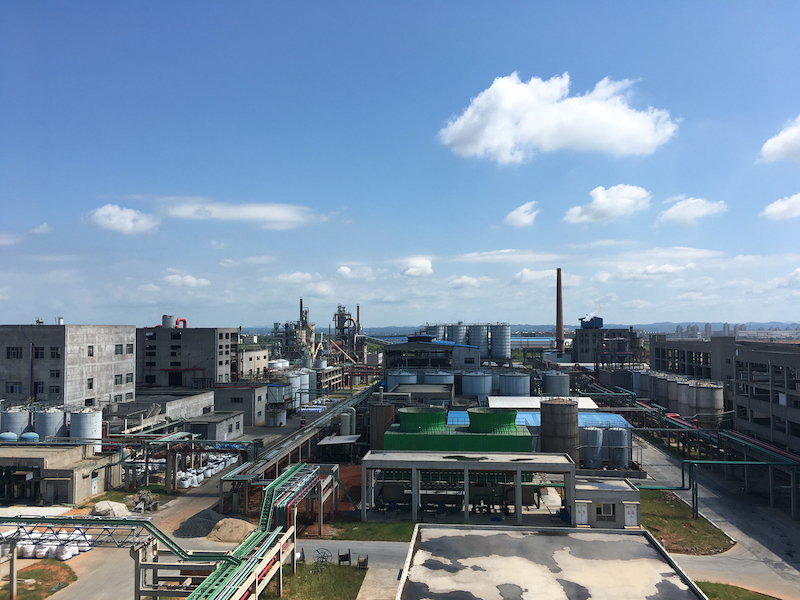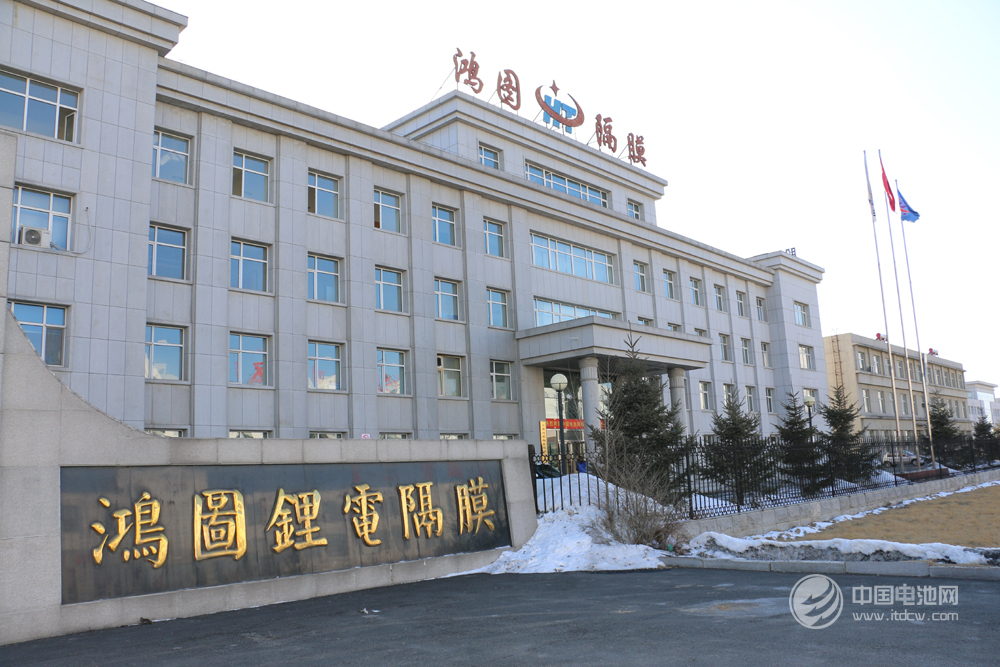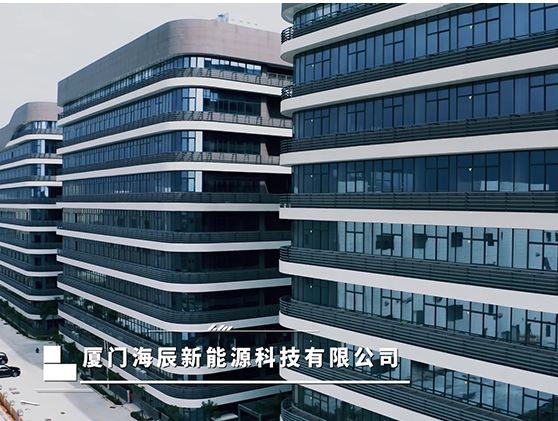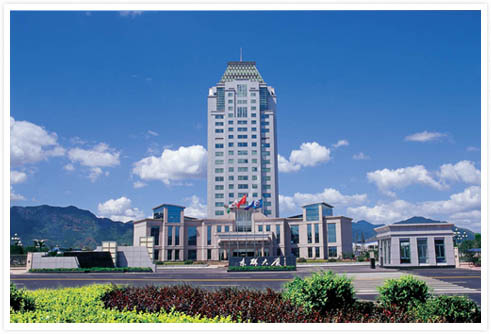Lithium batteries use lithium metal or lithium alloy as the negative electrode material and use non-aqueous electrolyte solutions. As a representative of modern high-performance batteries, lithium batteries are primarily used in digital products in traditional fields and power batteries and energy storage in emerging fields. In recent years, the stable increase in demand for lithium batteries in 3C products, along with the gradual expansion of the new energy vehicle market and growing demand for energy storage batteries, has led to a year-by-year increase in China's lithium battery production scale. According to data from the National Bureau of Statistics, China's lithium battery production continuously grew from 2015 to 2019. In 2019, China's lithium-ion battery production reached 15.722 billion units. By 2020, China's lithium-ion battery production reached 18.845 billion units, with a year-on-year increase of 19.87%.
If moisture from the air enters the raw materials of lithium batteries, it can compromise their safety, often leading to swelling or even explosions, while dust in the atmosphere can cause short circuits. Therefore, lithium battery production equipment and lines must be placed in low-humidity cleanrooms. Currently, considering the safety and cost-effectiveness of raw materials and production, it is generally recommended that the humidity in lithium battery production workshops be controlled within the following range: for mixing and coating machine heads and tails workshops: relative humidity ≤30%; for rolling, sheet-making, and drying workshops: relative humidity ≤20%; for stacking, winding, and assembly workshops: relative humidity ≤10%; and for cell drying, liquid injection, and sealing workshops, dew point temperature ≤-45°C.Lithium battery process workshops have strict requirements for constant temperature, constant humidity, and cleanliness in the environment. SINO KING recommends a central air conditioning system that uses an integrated water-cooled chiller unit combined with a packaged dehumidification air conditioning unit to precisely control the temperature, humidity, and purification of the environment in lithium battery process workshops.
Beyond temperature and cleanliness control, the key focus of lithium battery cleanrooms lies in maintaining a low-humidity indoor environment. Therefore, a year-round cooling chiller is required to provide chilled water continuously, while the air handling side employs a packaged air conditioning unit that adopts single or double rotary wheel dehumidification systems, according to the humidity control needs of different functional workshops.

